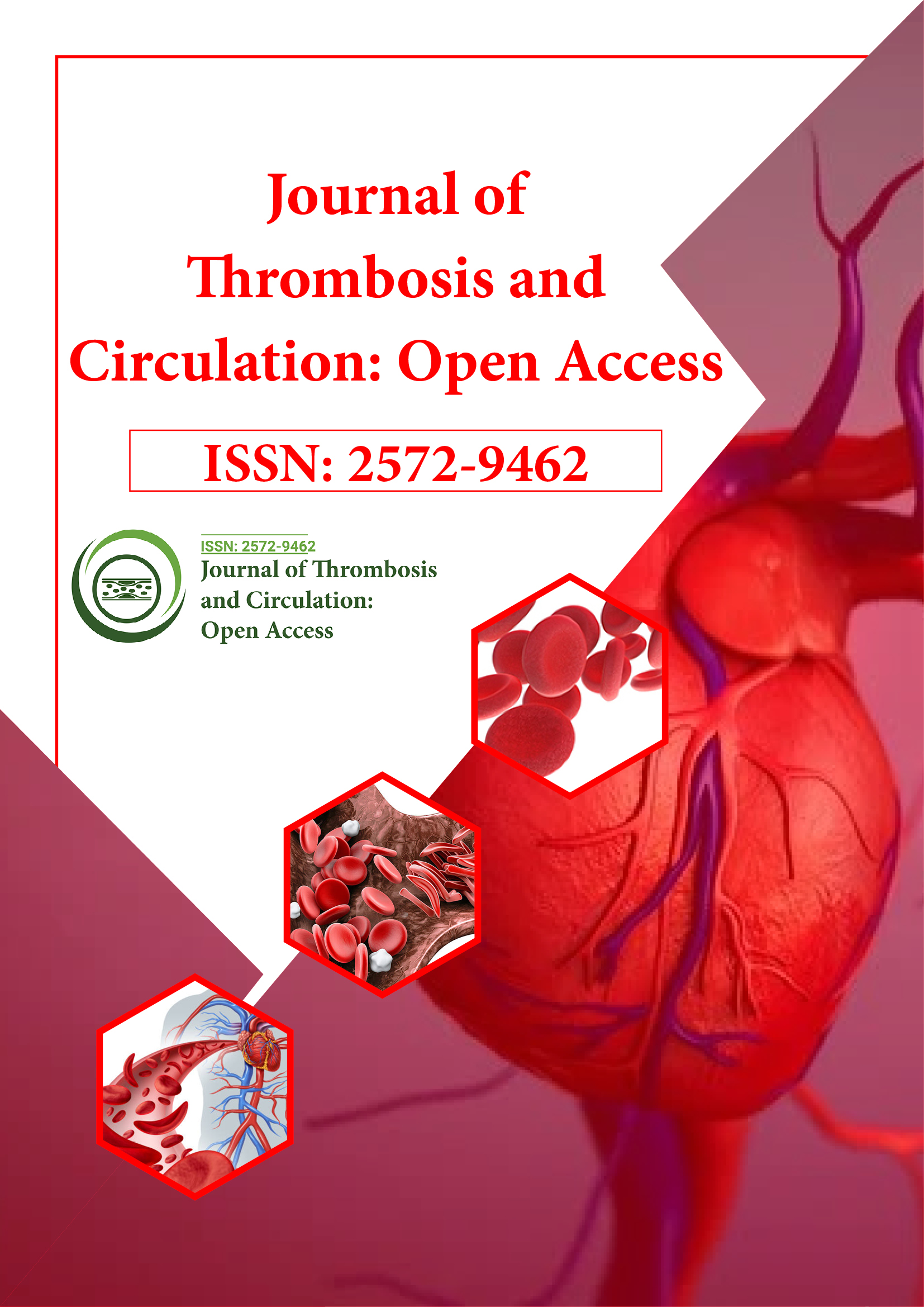Indexed In
- RefSeek
- Hamdard University
- EBSCO A-Z
- Publons
- Google Scholar
Useful Links
Share This Page
Journal Flyer

Open Access Journals
- Agri and Aquaculture
- Biochemistry
- Bioinformatics & Systems Biology
- Business & Management
- Chemistry
- Clinical Sciences
- Engineering
- Food & Nutrition
- General Science
- Genetics & Molecular Biology
- Immunology & Microbiology
- Medical Sciences
- Neuroscience & Psychology
- Nursing & Health Care
- Pharmaceutical Sciences
Opinion Article - (2023) Volume 9, Issue 1
Strategies for Preventing Melioidosis and its Serious Complication: Portal Vein Thrombosis
Ockun Karpuz*Received: 02-Jan-2023, Manuscript No. JTCOA-23-20614; Editor assigned: 04-Jan-2023, Pre QC No. JTCOA-23-20614 (PQ); Reviewed: 18-Jan-2023, QC No. JTCOA-23-20614; Revised: 25-Jan-2023, Manuscript No. JTCOA-23-20614 (R); Published: 02-Feb-2023, DOI: 10.35248/2572-9462.23.9.209
Description
Melioidosis is a bacterial infection caused by the Gram-negative bacteria Burkholderia pseudomallei. It is an endemic disease in Southeast Asia and Northern Australia. The bacteria can be found in soil and water and can infect both animals and humans. Melioidosis can present in many different forms, ranging from localized skin infections to septicemia, which can be fatal. One rare complication of melioidosis is portal vein thrombosis, which occurs when the blood clot obstructs the portal vein, leading to liver damage, portal hypertension, and potentially life-threatening complications.
Portal Vein Thrombosis (PVT) is a relatively rare complication of melioidosis, occurring in less than 5% of cases. It is a serious condition that requires prompt diagnosis and treatment to prevent severe complications such as liver failure and gastrointestinal bleeding. PVT can be caused by a variety of factors, including cirrhosis, malignancy, and infections. In the case of melioidosis, PVT is thought to be caused by the bacteria's ability to activate the clotting system and cause inflammation in the blood vessels.
The symptoms of PVT can be vague and non-specific, making diagnosis difficult. Patients with PVT may experience abdominal pain, nausea, vomiting, and jaundice. In severe cases, patients may develop ascites, which is the accumulation of fluid in the abdomen. Other complications of PVT include variceal bleeding, hepatic encephalopathy, and liver failure. The diagnosis of PVT is usually made by imaging studies, such as Doppler ultrasound, CT scan, or MRI. These tests can show the presence of a blood clot in the portal vein and the extent of the liver damage.
The treatment of PVT depends on the underlying cause and the severity of the condition. In the case of melioidosis-associated PVT, treatment usually involves a combination of antibiotics and anticoagulants. Antibiotics are used to treat the bacterial infection, while anticoagulants are used to prevent further clotting and reduce the risk of complications. In some cases, surgery may be necessary to remove the blood clot and restore blood flow to the liver. The management of PVT requires close monitoring and follow-up to detect and manage any potential complications.
Melioidosis is a complex disease that requires a multidisciplinary approach to management. The diagnosis and treatment of PVT in the setting of melioidosis require close collaboration between infectious disease specialists, hepatologists, and interventional radiologists. The goal of treatment is to control the infection, prevent further clotting, and manage any complications that may arise. With prompt diagnosis and appropriate treatment, patients with melioidosis-associated PVT can have a good outcome.
Prevention of melioidosis is essential in endemic areas, and strategies to prevent infection include wearing protective clothing, avoiding contact with soil and water, and practicing good hygiene. In addition, early recognition and treatment of melioidosis can help prevent complications such as PVT. Health education programs aimed at increasing awareness of the disease and its prevention can also play a significant role in reducing the incidence of melioidosis.
Melioidosis-associated PVT is a rare but serious complication of melioidosis. The diagnosis and management of PVT in the setting of melioidosis require a multidisciplinary approach and close collaboration between specialists. The treatment of PVT usually involves a combination of antibiotics and anticoagulants, and close monitoring is necessary to detect and manage any potential complications. Prevention of melioidosis is essential in endemic areas, and strategies to prevent infection include wearing protective clothing, avoiding contact with soil and water, and practicing good hygiene. Health education programs aimed at increasing awareness of the disease.
Citation: Karpuz O (2023) Strategies for Preventing Melioidosis and its Serious Complication: Portal Vein Thrombosis. J Thrombo Cir. 9:209.
Copyright: © 2023 Karpuz O. This is an open-access article distributed under the terms of the Creative Commons Attribution License, which permits unrestricted use, distribution, and reproduction in any medium, provided the original author and source are credited.
